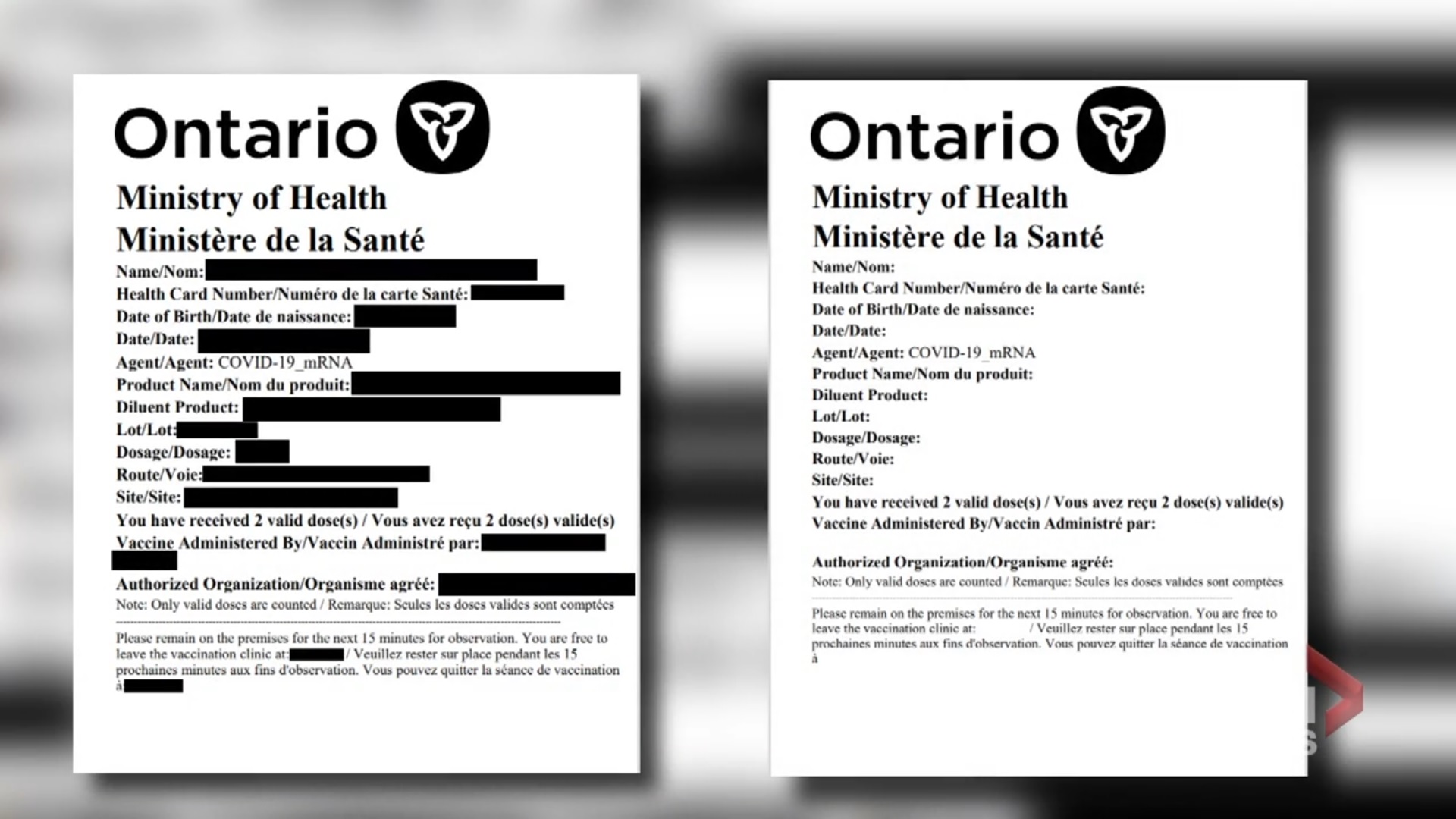

In sum, there is majority support for vaccine requirements, though it is not overwhelming, and it does not vary greatly from sector to sector. Our data show that support varies from a low of 47% for essential businesses, to a high of 65% for airlines.

Table 1: Support for a vaccination requirement by sector Sector The share of Canadians who would support the limiting of service by each type of organization is shown in Table 1. Our specific question was: “Once the COVID-19 vaccine is available to everyone, should the following organizations be allowed to limit their in-person services to those who have been vaccinated?” We asked this about nine types of organizations. To begin, we consider support for organizations using proof of vaccination as a basis for service. Iterative proportionally fitted weights are generated using levels from the Canadian census. Respondents were recruited by Dynata to a survey hosted on the Qualtrics platform. We have 1497 effective respondents, balanced by age, gender, and region. A longer description of our research strategy is available at The data presented here were collected in our thirty-third wave, from February 2-7 2021. Since the third week of March 2020, MEO has conducted more than 60,000 interviews of Canadians in over 33 waves of data collection, all focused on the social and political contexts and implications of the COVID-19 pandemic. MEO was born out of the Digital Democracy Project, of which PPF was an early funder and champion. This study relies on data collected through the Media Ecosystem Observatory, a collaborative effort of three research sites-the Centre for Democracy, Society, and Technology and the Social Dynamics Lab at McGill University, and PEARL at the University of Toronto. I conclude with three observations about a path forward for vaccine passports.
#Canada vaccine passport verification
In this report, I explore levels of support for a vaccine passport and a verification database, show how this support varies by sector and region, and explore the differences between individuals in the reasons they support or oppose vaccine passports. Would Canadians support such a passport? That is the main question taken up in this short report. Third, there is the issue of citizen consent. Second, there are important questions of implementation-how would a vaccine passport be issued and verified? A simple paper-based proof of vaccination is possible, while a more sophisticated method would be the creation of a centralized database, perhaps maintained by provinces. While a vaccine passport system could have a few benefits, such as increased safety for people accessing services, slower transmission of the virus and greater incentives for vaccination, there are at least three obstacles to such a system.įirst, there are major issues of fairness as vaccines roll out slowly.

Similarly, international travellers to 21 countries are expected to show inoculation against yellow fever, for example. For example, outside of a narrow set of exceptions, children in public schools in some Canadian provinces are required to be vaccinated against various diseases. There are ready precedents for such measures. One idea that has been widely discussed and is beginning to be piloted in some jurisdictions is the notion of a “vaccine passport.” A vaccine passport allows those who have proof of vaccination access to services that those who are not vaccinated are not allowed. The speed with which reopening can happen may depend on allowing vaccinated individuals to access services that non-vaccinated people cannot. On the basis of uneven risks of infecting themselves and others, there may be a case for denying services to those who are not vaccinated, at least for a time. Importantly, those who are not vaccinated will likely need to take greater precautions. The cycle of opening and closing some services and sectors will likely continue. Until a sufficiently large part of the population is vaccinated, preventive measures like social distancing and masking will need to be maintained. But other aspects of life will change slowly and unevenly. In some cases, vaccines will make people with the virus less contagious. Vaccines provide protection against the worst effects of COVID-19, especially mortality. As people are vaccinated, life will change.


 0 kommentar(er)
0 kommentar(er)
